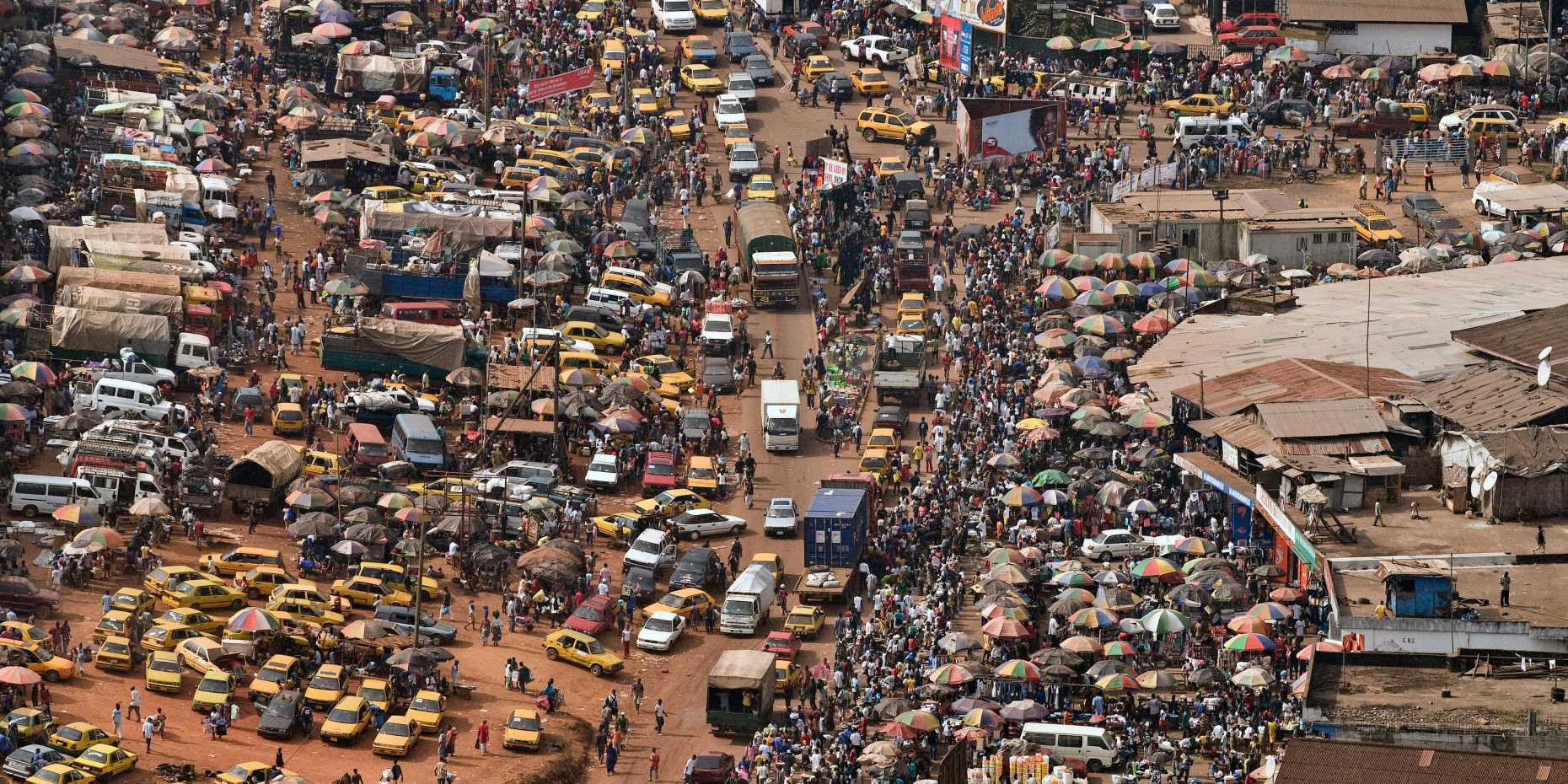Why social distancing is a big challenge in many African countries
Working from home, distance learning, online shopping – many African countries cannot easily adopt rich nations’ measures against the coronavirus. ISTP member Prof. Isabel Günther calls for international solidarity in the pandemic. (Re-post from ETH Zukunftsblog)

A privilege few can afford
A large share of Africa’s urban population lives in crowded informal settlements, with small one- or two-bedroom houses. Differences across the continent are large, but on average, 45% of households share toilets with their neighbours and for 17%, their only access to water is from a communal tap. To expect people living in these households not to leave their homes is more than impractical; it is simply unrealistic.
Social distancing immediately jeopardizes many poor people’s livelihoods. Many are street vendors or workers who rely on a daily wage to make ends meet and cannot work from home – so they lose their incomes from one day to the next. About 80% of the population work in the informal sector — without contracts of any kind, let alone unemployment insurance or the possibility of continued salary payments if work suddenly dries up (Kurzarbeit / short-time work).
"The coronavirus does not stop at national borders, nor should our action to confront it.”Isabel Günther, ETH Prof.
Lockdowns will have devastating effects on poor people’s ability to put food on the table and to stay healthy. According to a new study by UN-WIDER, the number of people living in extreme poverty (living on less than 1.90 international dollars a day) could increase for the first time in 30 years because of the economic impacts of social distancing.1
We are in this together
As a society, it is our responsibility to show the same solidarity with people living on our neighbouring continent that we currently show with our neighbours in Switzerland. The coronavirus does not stop at national borders, nor should our action to confront it. Social distancing calls for social protection measures to ensure that poor people around the world are not bearing the burden of slowing the virus.
To ease the consequences of the pandemic, we should support health systems and expand cash-transfer programs, which offer an effective way to improve people’s lives, in particular when facing income loss. In the longer term, we should support African societies to build up the preconditions needed to cope with pandemics — and to ensure decent living conditions for all.
Isabel Günther wrote this blog post together with external page Antoinette van der Merwe, doctoral student at the ISTP and in the ETH Development Economics Group. Antoinette was visiting her family in South Africa when airports closed due to the lockdown.
References
1 United Nations University: Download Estimates of the impact of COVID-19 on global poverty (PDF, 742 KB) WIDER Working Paper 2020/43
- For further information and the full article, please visit the ETH Zurich homepage.
- For information regarding the ETH4D Research Challenges - Special call for Africa visit the ETH4D Research Challenges webpage.